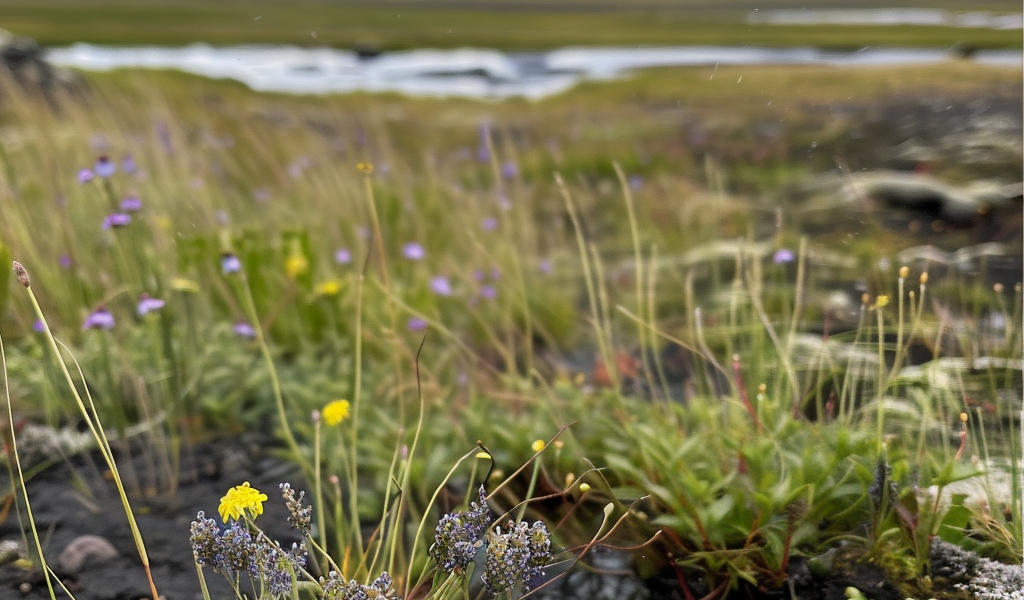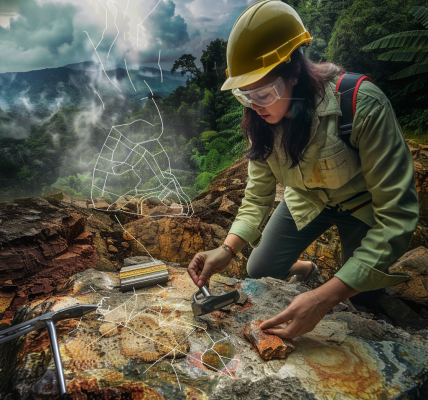A recent study conducted by researchers at the Centre for Microbiology and Environmental Systems Science at the University of Vienna has shed new light on the impact of soil temperature on soil microbiome diversity and its implications for the global carbon cycle. The study, published in Science Advances, challenges the existing understanding of how soil microbiomes influence the release of carbon into the atmosphere and the potential feedback mechanisms on the climate.
Contrary to previous beliefs, the study revealed that warmer soils lead to an increase in soil microbiome diversity, which in turn affects the global carbon cycle. This finding suggests that the release of carbon into the atmosphere is not solely driven by the accelerated growth of microbes due to higher soil temperatures, but rather by the activation of previously dormant bacteria.
Microorganisms play a crucial role in the global carbon cycle by breaking down organic matter and releasing carbon dioxide. As temperatures rise, microbial communities are expected to emit more carbon dioxide, contributing to the acceleration of climate change through a process known as soil carbon-climate feedback.
Lead author of the study, Andreas Richter, emphasized the long-standing assumption that the response of soil microbiomes to warmer climates is driven by increased growth rates of individual microbial taxa. However, the research findings challenge this notion, highlighting the complexity of soil microbiome dynamics in response to temperature changes.
The research team conducted their study in a subarctic grassland in Iceland, where over half a century of geothermal warming had led to higher soil temperatures compared to the surrounding areas. By employing isotope probing techniques, the researchers identified active bacterial taxa in the soil cores collected from the site. They compared the growth rates of these bacteria at both ambient and elevated temperatures, revealing that the growth rates of microbes in warmer soils were similar to those at normal temperatures despite the consistent soil warming over the years.
The study’s primary author, Dennis Metze, highlighted the remarkable finding that despite the prolonged soil warming, the growth rates of microbes in warmer soils remained indistinguishable from those in normal temperatures, indicating the complexity and adaptability of soil microbiomes in response to environmental changes.





